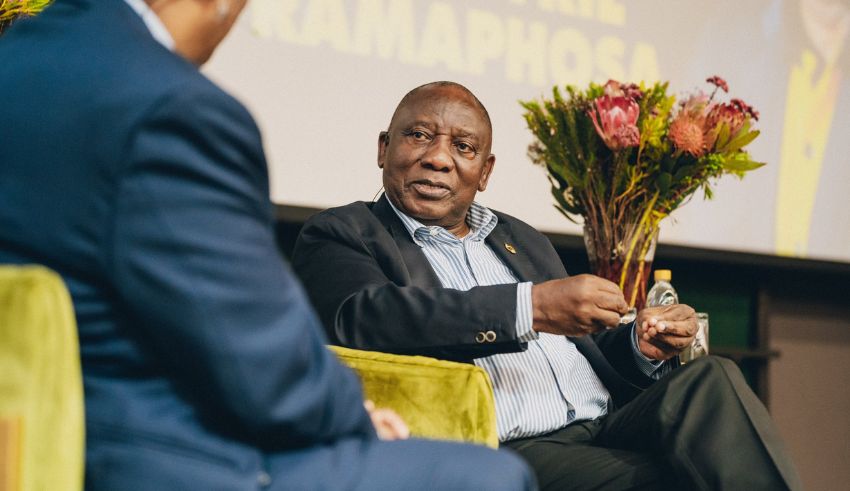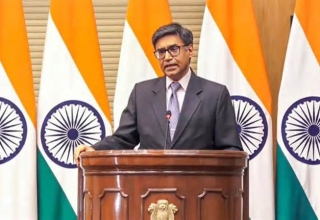
South Africa is on the brink of a historic shift as the African National Congress (ANC) faces the possibility of losing its majority for the first time since the end of apartheid. Here are the latest results:
Current Election Results
– ANC (African National Congress): With more than 60% of the ballots counted, the ANC is leading with just over 40% share of the national vote. This marks a significant decline from its previous margins of victory in past elections.
– DA (Democratic Alliance): The country’s principal opposition party, the DA, is currently in second place with around 24% of the vote.
– MK (uMkhonto we Sizwe): The MK party follows closely behind, securing approximately 15% of the votes logged so far.
– EFF (Economic Freedom Fighters): The far-left EFF is taking just under 10% of the votes.
Potential Coalition Government
If the ANC does not receive more than 50% of the vote, it will need to make a deal with other parties to form a coalition government. The choice of coalition partner will depend on the support needed to cross the 50% mark. While the ANC may remain the largest party, it could require a coalition to stay in power, potentially with the DA or the EFF.
The ANC’s Historical Performance
The ANC has won all national elections since the end of apartheid in 1994, when Nelson Mandela became the country’s first Black president. Its margins of victory have fluctuated over the years:
– 1994: ANC won 62.5% of the vote.
– 1999: ANC won 66.4%.
– 2004: ANC reached its highest levels, clinching almost 70%.
– 2009: ANC won nearly 66%.
– 2014: ANC won 62%.
– 2019: ANC achieved its lowest margin of victory, winning 57.5%.
Analysis of Election Dynamics
The decline in the ANC’s support reflects growing dissatisfaction among South Africans with issues such as corruption, unemployment, and service delivery failures. The DA’s steady performance highlights its appeal to urban voters and its ability to present itself as a viable alternative to the ANC. Meanwhile, the MK’s emergence indicates a shifting political landscape with new parties gaining traction. The EFF’s radical policies resonate with younger voters and those frustrated with the slow pace of economic transformation.
Potential Scenarios
– ANC-DA Coalition: A coalition between the ANC and DA could bring stability and a broad-based government. However, their differing ideologies may present challenges in policy-making and governance.
– ANC-EFF Coalition: An ANC-EFF coalition could push for more radical economic reforms. While this might satisfy calls for rapid change, it could also create uncertainty for investors and businesses.
– DA-led Coalition: If the ANC fails to form a coalition, the DA might lead a coalition with other smaller parties, marking a significant shift in South African politics.
Implications for South Africa’s Future
This election represents a crucial juncture for South Africa. The potential shift in power dynamics could lead to significant changes in policy and governance. A coalition government might bring a new approach to tackling the country’s pressing issues, but it could also lead to instability if coalition partners cannot agree on key issues.
Conclusion: A New Chapter for South Africa
As the world watches, South Africa stands at a pivotal moment in its history. The outcome of this election will shape the nation’s future and could mark the end of an era for the ANC’s rule post-apartheid. Whether through a coalition government or a shift in the leading party, South Africa is poised to enter a new chapter, reflecting the evolving aspirations and demands of its people. This election is not just about choosing leaders but about redefining the path toward a more inclusive and prosperous future for all South Africans.
























